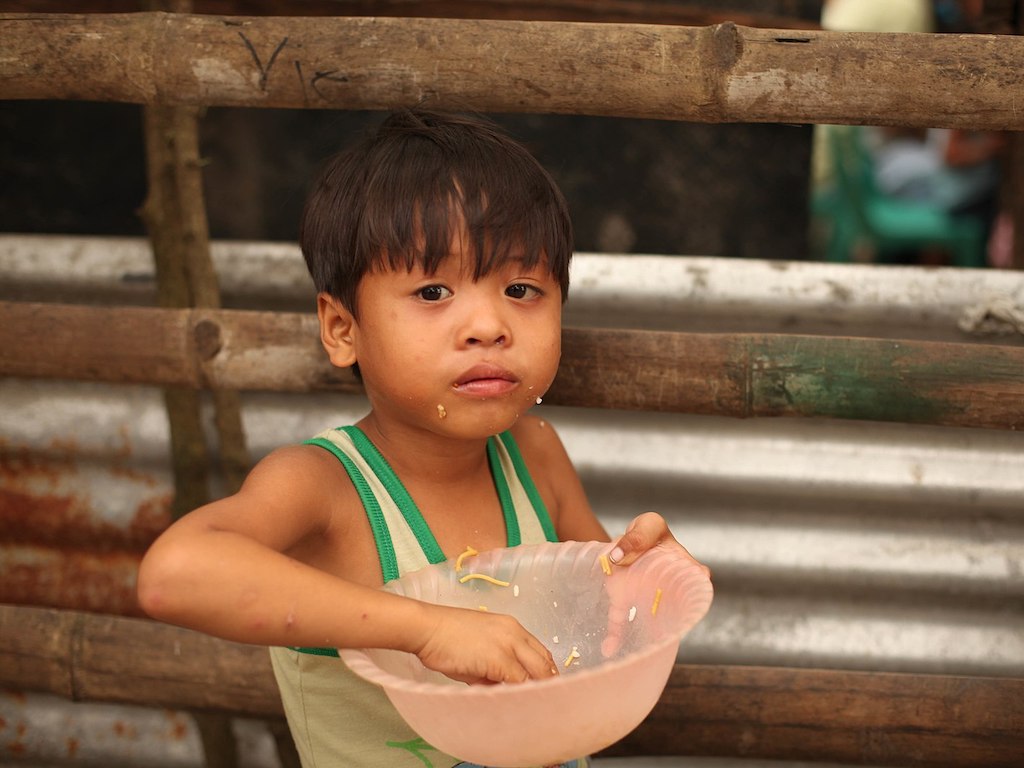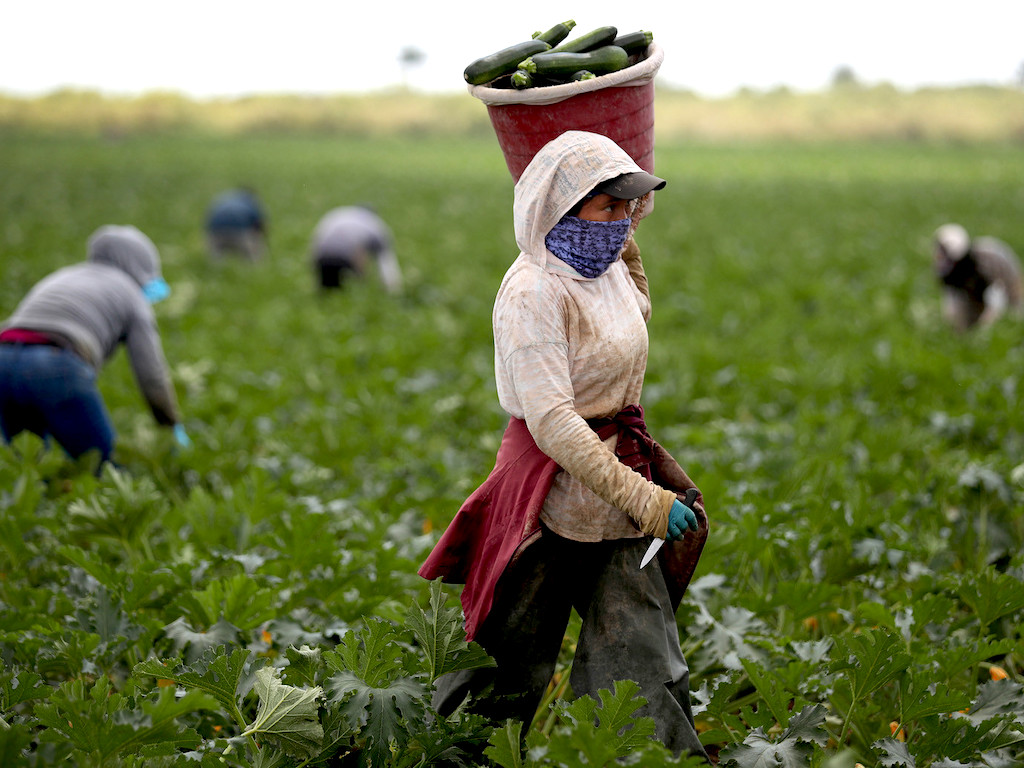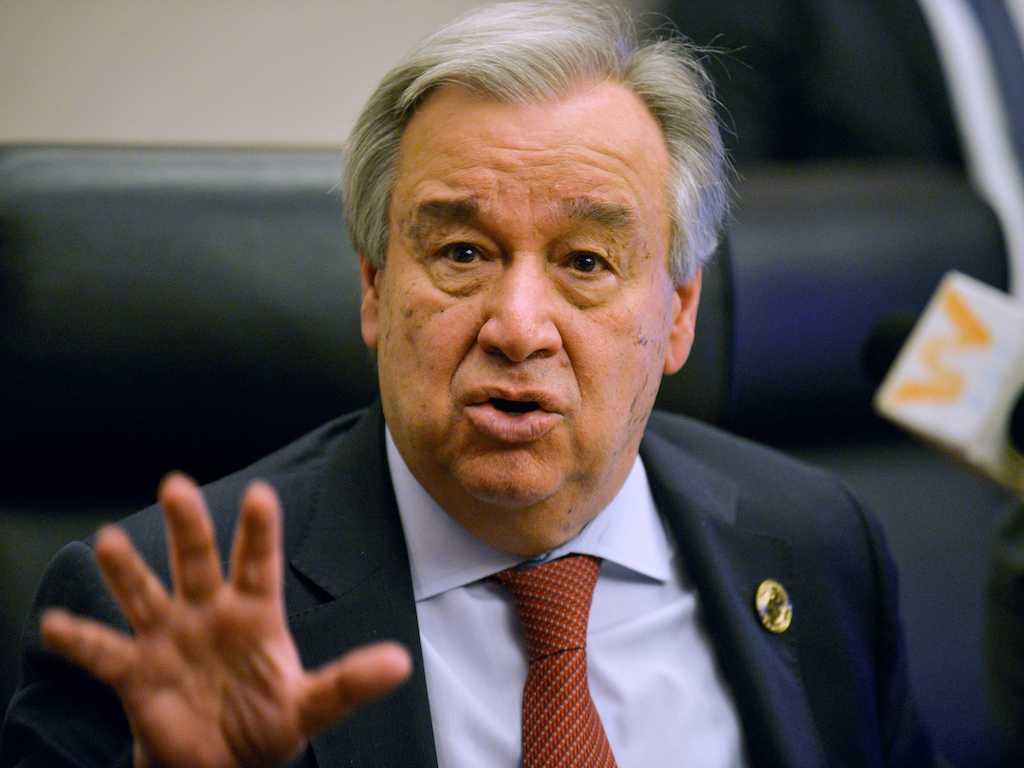4 Mins Read
The United Nations secretary-general António Guterres has just released his latest policy brief on the impact of the coronavirus pandemic on global food security and nutrition. In the report, Guterres stresses that the world is at a crossroads where hundreds of millions of people are facing hunger and malnutrition, while disruptions in the food chain in developed countries have led to enormous food waste. Moving forward, Guterres urges the world to prioritise reshaping and rebuilding a resilient food system to combat both the public health crisis and the climate emergency.
In his latest policy brief, the United Nations secretary general calls on governments to prioritise actions to address immediate needs to protect people during and beyond the pandemic. Titled “The Impact of Covid-19 on Food Security and Nutrition”, the report says that ultimately, the goal must be to work towards reshaping our broken global food system.
“Our food systems are failing, and the Covid-19 pandemic is making things worse,” said Guterres.
Indeed, even prior to the pandemic, our food system was in dire need of transformation. We produce enough food to feed the entire world population of nearly 8 billion, yet it leaves 820 million people hungry and more than one in five children worldwide stunted due to malnutrition.
With the ongoing coronavirus pandemic, these figures are predicted to get far worse unless immediate action is taken. The combined effects of Covid-19, mitigation measures that include travel restrictions and lockdowns, as well as the emerging global economic recession will completely disrupt the functioning of our food chain.

According to earlier estimates by the United Nations, some 49 million extra people may fall into extreme poverty due to the crisis, of which 34 million people are at risk within 2020 alone. This means that the population suffering from nutritional deficiencies and food insecurity will inevitably rise.
The report notes that with every percentage drop in global GDP, an additional 700,000 children will experience stunted growth.
While food abundant countries may not experience the same widespread hunger, severe food disruptions are already underway. Slaughterhouses in countries all over the world have recorded spikes in viral outbreaks, causing factory shutdowns and mass inhumane culling of animals while supermarket shelves run dry.
In order to prevent a complete collapse in food security and nutritional needs of the world, the policy brief suggests that firstly, governments must mobilise resources to areas where the risk of hunger and malnutrition is most acute. Importantly, the report highlights that this will mean that food workers must be designated as essential and receive the appropriate safety protections, a measure that food security activists have long called for.

Secondly, social protection systems for nutrition must be strengthened and safeguarded. Implementing safety nets to ensure nutritious and healthy food is accessible to young children, pregnant and breastfeeding women and other older and vulnerable groups must be prioritised.
Ultimately, Guterres calls for investment for a more resilient food system. “We have an opportunity to build a more inclusive and sustainable world,” he said.
“Let us rebalance the relationship between food systems and the natural environment by transforming them to work better with nature and for the climate.”
This will mean that governments must target the enormous greenhouse gas emissions from the agricultural sector – the majority of which is produced by the livestock industry. According to the United Nations, livestock farming alone is responsible for 18% of greenhouse gas emissions, 44% of methane and is driving deforestation and mass biodiversity loss.
Recently, scientists have warned that without biodiversity, the survival of humanity is at stake. Biodiversity is at the crux of all balanced and healthy ecosystems on Earth. The coronavirus pandemic is just one of the clear instances of the dangers that come with the rampant destruction of nature.
This post is published as a part of Green Queen’s partnership with the SDG Media Compact to raise awareness about the Sustainable Development Goals and share information from the World Health Organisation and the United Nations during the pandemic.
Lead image courtesy of Michael Tewelde / AFP.




